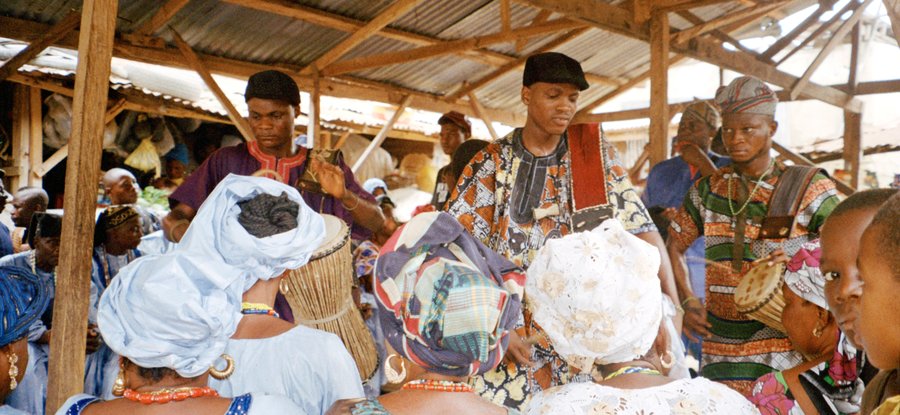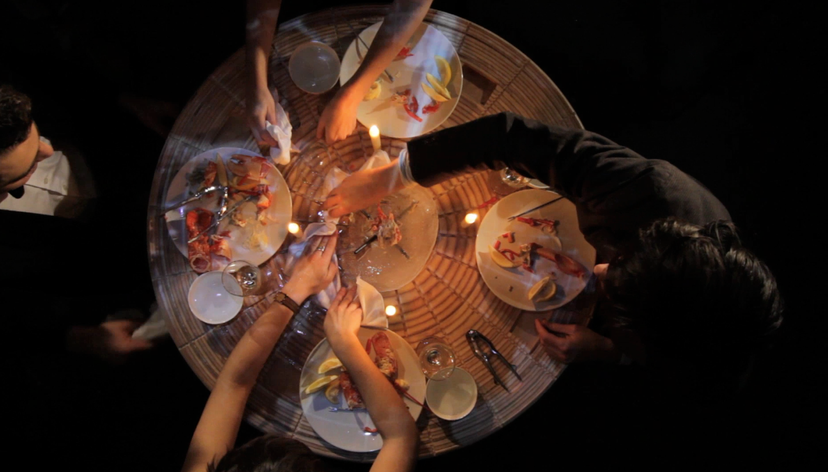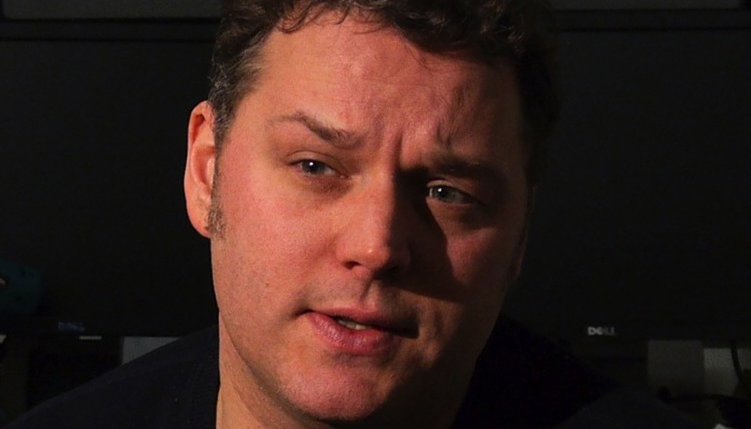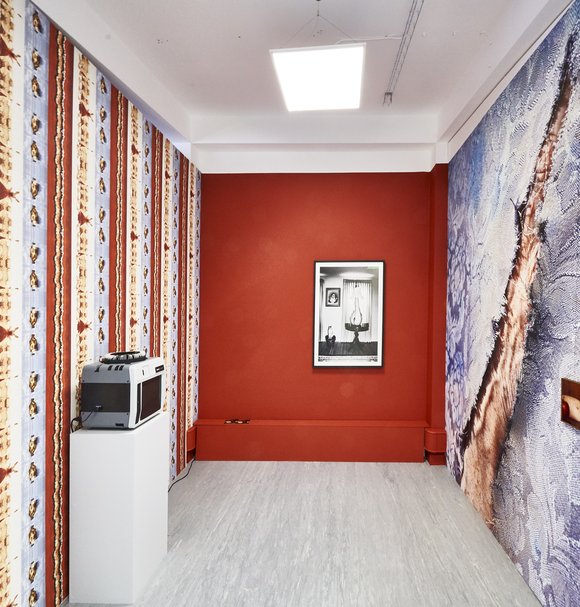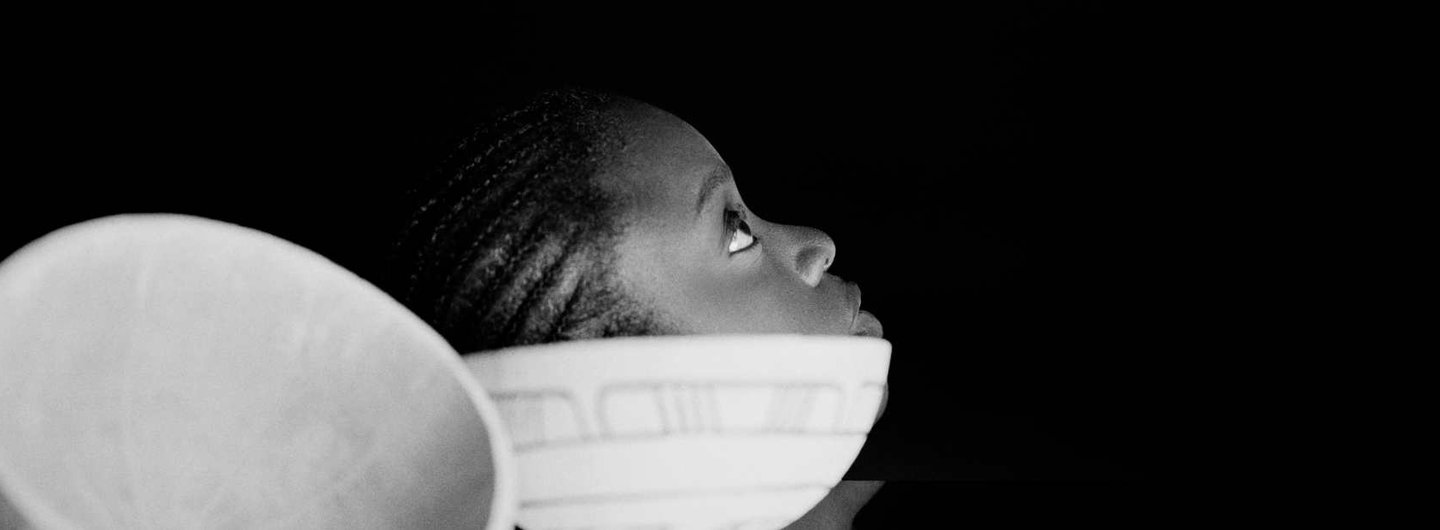
Key details
Date
- 21 August 2025
Read time
- 5 minutes
Photography MA (2023) Alumni Aisha Seriki reflects on her journey from social justice photography to poetic practice, and why the RCA taught her to embrace uncertainty
Q: You grew up between Nigeria, Southeast Asia, and London. How have those places shaped your perspective as an artist?
A: Being around different cultures made me more open, with a more global view. I was always interested in how culture changes and moves, but also how things are linked between different cultures.
Now I think there’s a better understanding that culture isn’t static—it shifts and shapes, and different places influence each other. Living in South Asia made me more curious about other places.
London, where I’ve lived most of my life, shaped me through my interest in history. I often return to the Victorian era—its developments in technology, especially photography and art, but also the wider global impacts of Britain at that time.
Q: Are there any particular landmarks or places in London that feed your imagination?
A: I love the V&A. It’s my favourite place—and one of my favourite libraries for its collection.
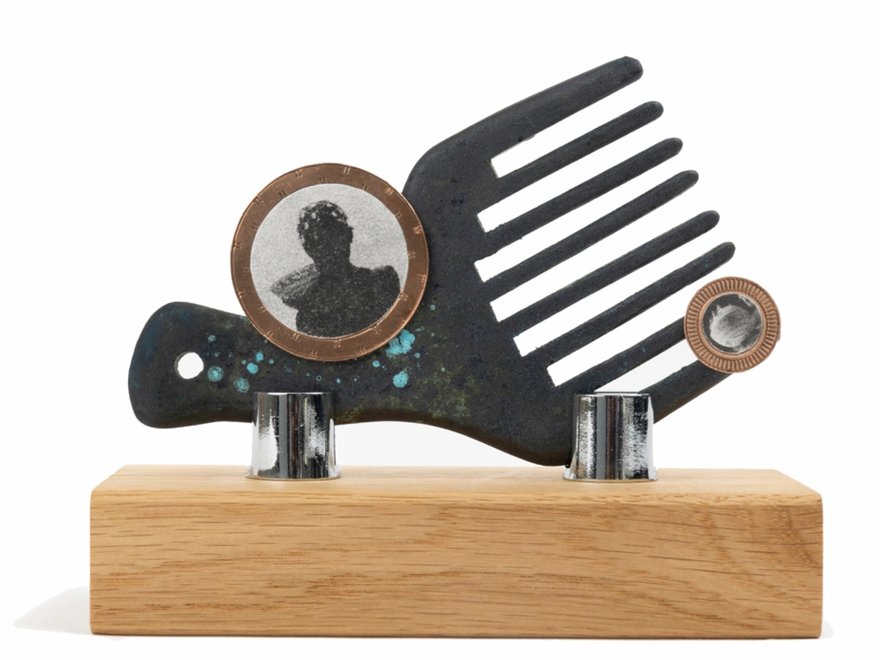
Iyarun from Ori Inu Project, 2024. By Aisha Seriki.
“At the RCA, you had to make your own decisions without knowing if they were right or wrong. That was scary at first, but in hindsight it prepared me for life after.”
MA Photography, 2023
Q: What made you choose the Photography MA at the RCA?
A: I didn’t know much about the RCA. I stumbled into thinking about applying in 2021—I was a finalist at the Taylor Wessing Prize, and when I had my exhibition, people kept asking me, “What’s next?”
I’d never properly studied photography. I did it at A-level, but not at undergrad—I chose Liberal Arts at SOAS instead, which I loved. I thought I could always practice photography on the side.
When people kept mentioning postgraduate study, the RCA kept coming up. I met some RCA students at a private view and they spoke about how much they liked it, which planted the seed.
The deadline was minutes away when I applied. I nearly didn’t—told myself, “No, I’m not doing it.” But a friend encouraged me to just send it in. So I did, and that’s how I ended up here.
Q: Looking back, what’s been the most important thing you’ve taken from your time at the RCA?
A: The independence. Coming from humanities, I was used to structure—essays every couple of weeks, constant feedback. At the RCA, you had to make your own decisions without knowing if they were right or wrong. That was scary at first, but in hindsight it prepared me for life after.
I was also the only Black person on the course, which sometimes felt isolating. People didn’t always know how to speak about my work. Yes, there are Black people in my images, but I am also interested in spirituality, history of photography, and philosophy. But in crits, people often didn’t know what to say. Still, I found community through RCA BLK, the technicians (who were amazing), and my tutors.
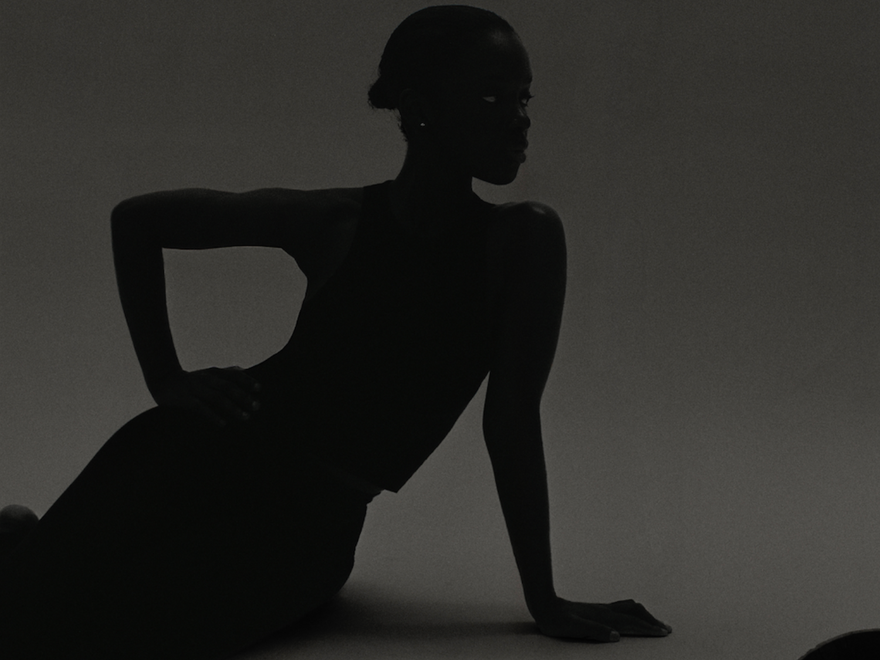
Ori Inu 7, 2024. By Aisha Seriki.
Q: You did an RCA BLK residency in Lagos this year. How has that experience influenced your work?
A: A lot of being an artist is the non–art making—the jobs and admin that keep you afloat. So the residency was amazing because I could focus only on my work for six weeks, without worrying about money or shifts. It came at the perfect time: after graduating, I was burnt out and uninspired. Lagos re-energised me.
It’s such a vibrant place—if you need inspiration, Lagos will give it to you. I made new work there—sculptures and photography. My process is slow, so I don’t know when they’ll come out, but the residency really reconnected me with why I make work.
Q: Your project Orí Inú explores Yoruba ideas about spiritual destiny. How did you first connect with that theme?
A: During my undergrad research, I wrote a dissertation on the impacts of colonialism on Yoruba spirituality. That’s when I first started exploring Orí.
The idea is that your Orí is your spiritual destiny—something you choose before coming to earth. Some call it your GPS. Life is about navigating that path. I returned to Orí because I wanted to bring what I was interested in theoretically—spirituality, philosophy—into my art. Before, I kept those interests in academia. At the RCA I realised I could weave them into my practice, and into my own rediscovery of photography and art.
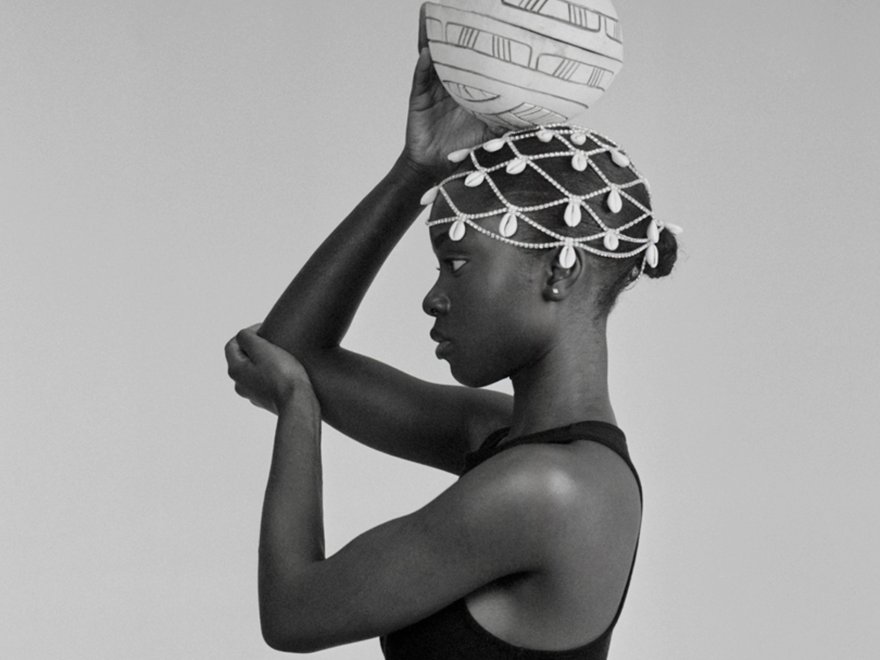
Ori Inu 10, 2024. By Aisha Seriki.
“I want my work to open conversations rather than close them.”
MA Photography, 2023
Q: Orí Inú combines photography with sculpture. What drew you to bring those mediums together?
A: I’d always been interested in three-dimensional work, but before the RCA I wouldn’t have had the confidence to try.
I wanted to make work that slowed down the viewer’s gaze. While researching bell hooks, I read her point that imagery of Black people is often consumed too quickly—people scroll past, used to seeing dehumanising tropes. To make powerful work, you need to create images that hold viewers, letting them see complexity.
That really stayed with me. I started photographing combs and making still lifes—my work often uses symbolism. But then I thought, instead of just photographing the objects, why not make them sculptural?
Q: What’s exciting you at the moment? Are you working on something specific?
A: Before the RCA, I felt like I’d finish a project and that was it. Now things feel more circular. I shot in Lagos in January and May this year—those projects aren’t active right now, but I know they’ll return, like ideas I had at the RCA that have come back later.
At the moment, I’m focused on building the world of the combs. I want to do a show that’s fully sculptural.
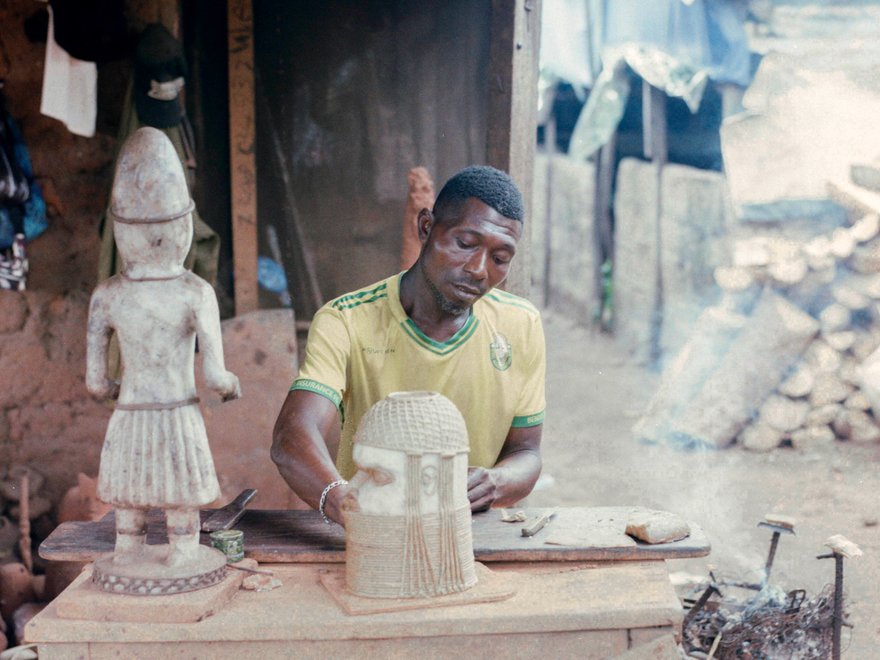
Benin. April, 2025. By Aisha Seriki.
Q: You’ve said your practice has shifted “from didactic to poetic.” What does that mean for you in practical terms?
A: When I started, photography was a way of addressing social justice. I wanted to use it to talk about issues I cared about. But at the RCA, I realised I didn’t want to underestimate the viewer by over-explaining or telling them what to think.
If you give people the “answer” directly, it doesn’t raise questions. My approach now accepts that perspectives change, culture shifts, and everyone comes with different experiences. I want my work to open conversations rather than close them.
Q: What advice would you give current RCA students about making the most of their time here?
A: Try everything. Literally—use all the resources you have access to.
Your show might not be great, and that’s okay. Use the time to explore, step outside your comfort zone, and experiment. Don’t limit yourself to just one thing or to what you came to the RCA intending to do—it’ll probably change.
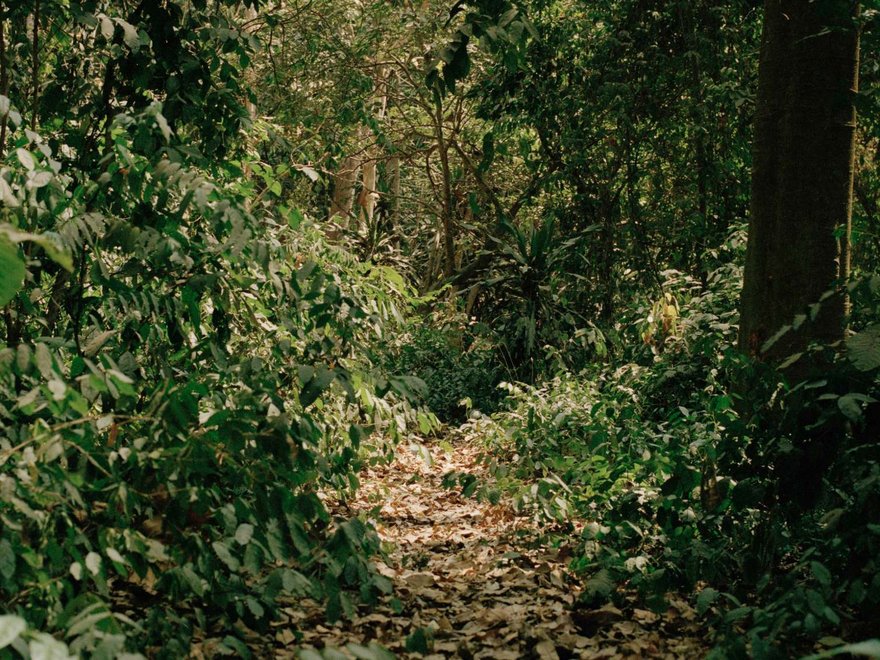
Osogbo Grove. January, 2025. By Aisha Seriki.
